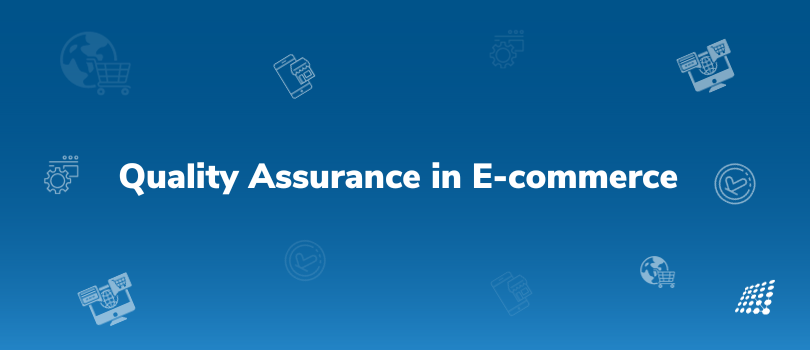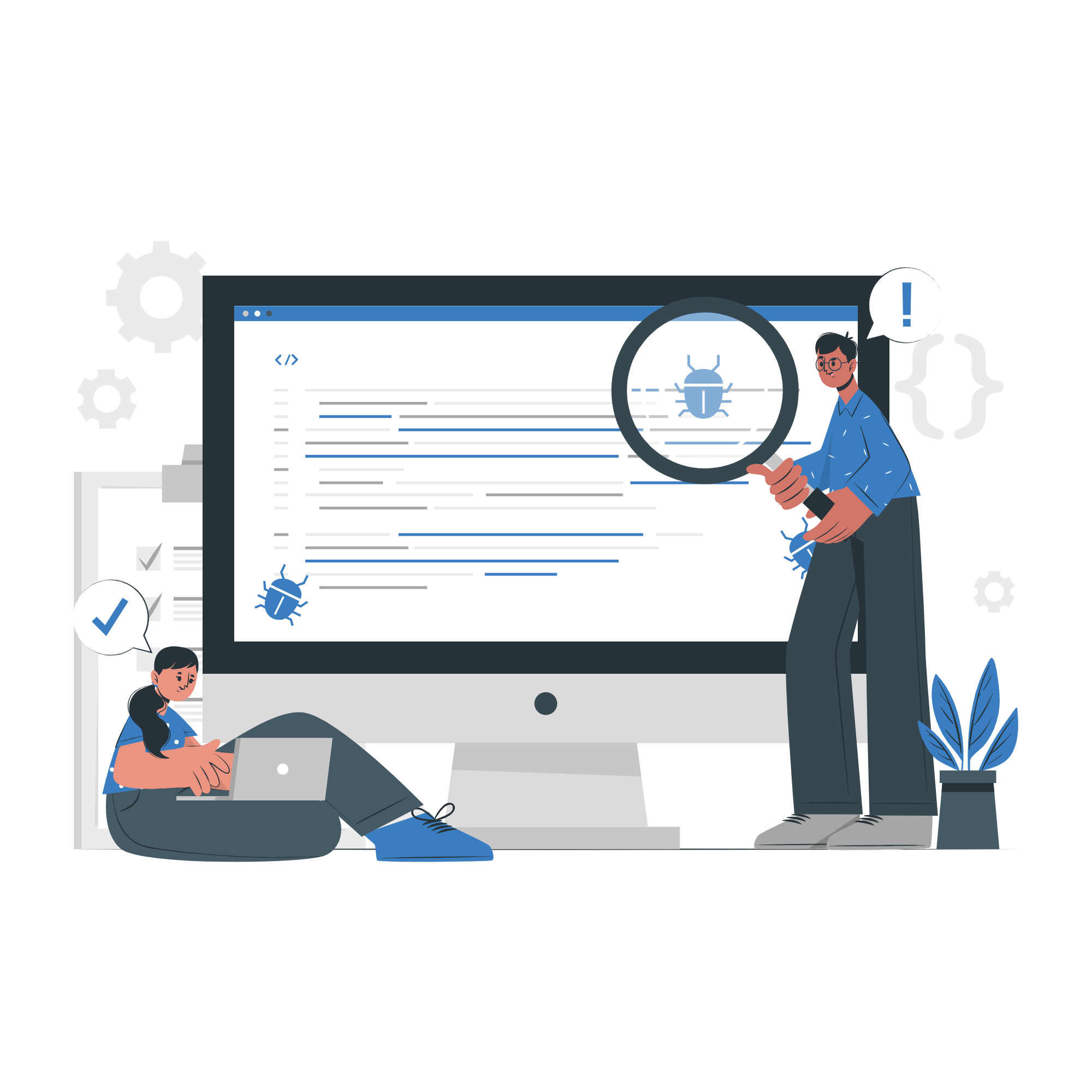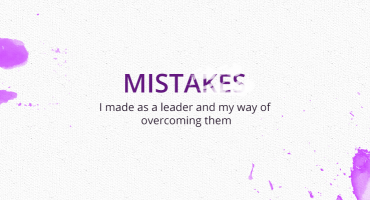Quality Assurance in E-commerce

What Exactly is E-commerce Quality Assurance?
E-commerce quality assurance refers to the set of activities carried out to ensure that products and services provided by online businesses meet the expected quality standards. These activities include testing, monitoring, and reviewing products and services before and after they are ready for customers.
The importance of quality assurance in e-commerce cannot be ignored as it involves assessing the quality of products and services, identifying defects or errors, and implementing measures to improve the quality of products and services. This process all aims for one goal: to meet customer expectations.

What Are Some Types of E-commerce Quality Assurance?
There are different types of e-commerce quality assurance.
Testing:
- Testing involves carrying out various tests on products and services to ensure they meet the expected quality standards.
- For example, testing the checkout process, testing the website's loading speed, and testing the functionality of the products.
Quality control:
Wondering what’s the importance of quality control in business?
- Quality Control involves monitoring and inspecting products and services to ensure that they meet the expected quality standards.
- For example, inspecting the products for defects, checking the packaging for damage, and verifying that the products are as described.
Customer feedback:
- Customer feedback involves soliciting feedback from customers to identify areas where improvements can be made.
- For example, asking customers to rate their experience, providing feedback forms, and monitoring social media for customer feedback.

Why Do E-commerce Businesses Need E-commerce Quality Assurance?
Implementing e-commerce quality assurance has various benefits:
Customer satisfaction
Quality assurance in e-commerce ensures that products and services meet customer expectations, which leads to customer retention and acquisition. Satisfied customers are more likely to return to the e-commerce site and recommend it to others. According to a study by the Temkin Group, customers who have a positive experience are 6 times more likely to buy from a company again, and 12 times more likely to recommend the company to others.

Compliance
Compliance in Quality Assurance is critical. Quality assurance in e-commerce ensures that products and services meet regulatory and legal requirements. Failing to comply with regulations can lead to fines, lawsuits, and damage to the e-commerce business's reputation. If you don’t believe it, look at this case study that happened with the biggest e-commerce platform in the world. In 2018, Amazon paid a $1.2 million fine for violating the Consumer Product Safety Act by selling hazardous products to consumers.

Brand reputation
The reputation of an e-commerce company can benefit from providing high-quality items and services. A positive brand reputation leads to increased customer loyalty and increased sales which makes e-commerce quality assurance a must. For instance, Zappos, an online shoe and clothing store, is known for its exceptional customer service and has built a loyal customer base that generates over 75% of its sales.

Cost savings
Quality assurance in e-commerce prevents defects and errors, which reduces the cost of product returns, customer complaints, and product recalls. For example, in 2016, Samsung recalled over 2.5 million Galaxy Note 7 smartphones due to battery defects, resulting in a loss of $17 billion. Implementing quality assurance could have prevented this costly error.

How to Perform E-commerce Quality Assurance?
Performing e-commerce quality assurance involves several methods. These methods include
Testing
Testing is a critical method used for performance improvement quality assurance.
According to a study by Dimensional Research, 80% of users will only try an app once or twice if it fails to work the first time. This highlights the importance of testing to ensure that products and services work as expected. Testing can be performed using automated or manual methods. It should be carried out on different devices, browsers, and platforms to ensure compatibility. For example, an e-commerce website should be tested on various web browsers like Chrome, Firefox, and Safari.

Quality Control
Quality control involves monitoring and inspecting products and services to ensure that they meet the expected quality standards.
According to a report by the American Society of Quality, companies can save up to 20% on costs by implementing an effective quality control system. Quality control can be performed using visual inspections, sampling, or statistical process control. For example, a clothing manufacturer can use statistical process control to monitor the quality of its products by measuring the length and width of each garment.

Customer Feedback
Customer feedback in QA is crucial in identifying areas where improvements can be made.
A study by Microsoft found that 56% of consumers worldwide have stopped doing business with a company because of poor customer service. E-commerce businesses can collect customer feedback through surveys, social media, feedback forms, and customer service interactions. For example, an e-commerce business can use feedback from customers to improve its return policy or the user experience on its website.

Quality Management
Quality management in e-commerce involves implementing a quality management system (QMS) to manage and improve the quality of products and services.
According to a report by the International Organization for Standardization (ISO), companies that implement a QMS can improve their performance by up to 25%. A QMS includes policies, procedures, and processes to ensure that quality standards are met consistently. The QMS should include regular monitoring and review to identify areas for improvement.
For example, a software company can implement a QMS to ensure that its products meet industry standards and customer requirements.

Performance Monitoring
Performance monitoring in e-commerce involves tracking key performance indicators (KPIs) to measure the effectiveness of quality assurance processes.
According to a report by Aberdeen Group, companies that measure their KPIs are twice as likely to achieve their goals compared to those that don't. KPIs can include customer satisfaction ratings, product defect rates, and delivery times. For example, an online retailer can track its delivery times and product defect rates to identify areas for improvement. All in all, performance monitoring in QA can do wonders!

Continuous Improvement
Continuous improvement for QA in e-commerce business involves regularly reviewing and updating quality assurance processes to ensure they are effective and efficient.
According to a report by McKinsey & Company, companies that implement continuous improvement can improve their productivity by up to 10%. This can include analyzing customer feedback, identifying trends in defects or errors, and implementing measures to address them.
For example, an e-commerce business can identify trends in product returns and implement measures to reduce them.

Final thoughts
Quality assurance is like a superhero that ensures online businesses provide top-notch products and services that meet your every need.
By implementing an effective quality assurance process, e-commerce businesses can ensure that they provide high-quality products and services that meet customer expectations and exceed them! This leads to increased sales and customer loyalty, which is the ultimate goal of any business. So, the next time you're browsing through an online store, remember that behind every high-quality product or service, there's a team of quality assurance superheroes working tirelessly to ensure your satisfaction. Get in touch with our QA experts today!

A Dive into Cybersecurity

Magento 2 Custom Module Development


